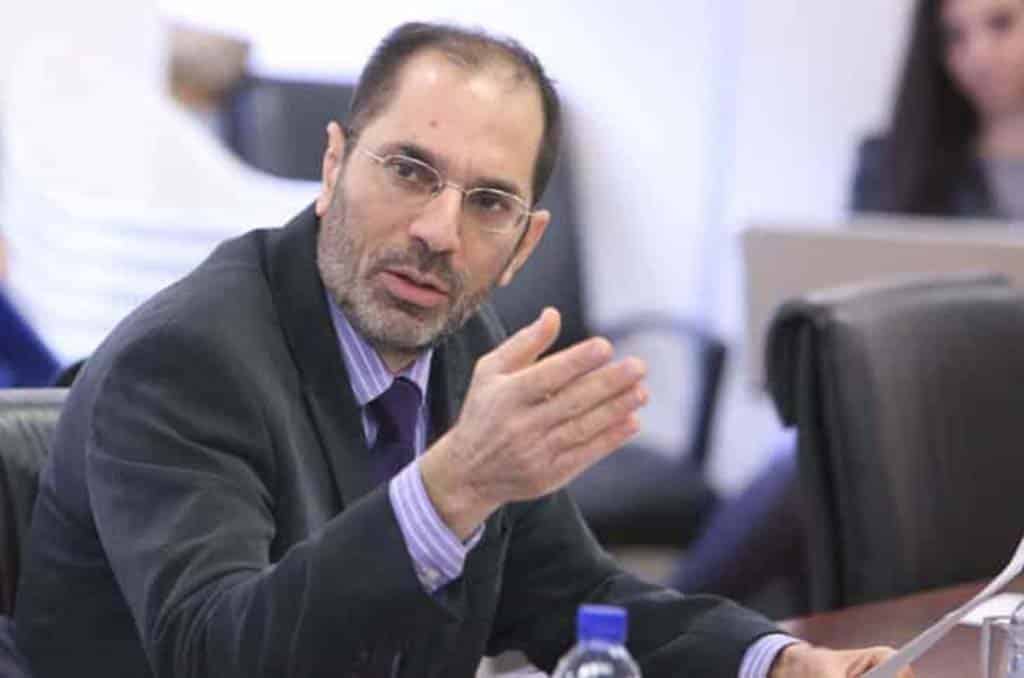The deputy ministry of research had violated the law in the way it ‘appointed’ companies to implement the ‘e-wallet’ service, as the process was riddled with conflicts of interest and lack of transparency, an audit office report said on Monday.
It said officials at the deputy ministry of research innovation and digital policy may have abused their power and the report would be sent to the anti-corruption authority for investigation.
“The deputy ministry…followed procedures which were not transparent, taking arbitrary decisions. There was no cost assessment, no cost-benefit study was carried out” and technocrats with expertise on the matter were sidelined, the report said.
Recommendations from experts within the ministry “were ignored” and a proper tender process was not carried out.
The audit office investigation was prompted by statements to the media made by the deputy minister at the time last year, who said he had verbally assigned the project to the University of Cyprus and two companies.
‘E-Wallet’ is a service where individuals can have access to key documents such as their ID and license on their mobile device.
“There was a concerted effort to directly give the e-wallet project to this group (of two companies)” the report said.
Despite the fact the companies were not officially appointed, the companies were making decisions and instructing government departments and services over the project, the audit office report revealed. They had also requested over €816,000 from the government for e-wallet.
The ministry official who handled the case “is a close relative” with a representative from the group of companies which took on two aspects of the project.
“Although his seniors knew of this relationship, they did not ensure the impartiality of the process to avoid any conflict of interest, thus leaving the deputy ministry exposed,” said the report.
Beyond the ‘e-wallet’, the two companies were also involved in Cyprus’ application to participate in a European consortium named ‘Potential’, to develop an EU digital identity wallet.
The report said in July 2022, the former permanent secretary requested €660,000 from the finance ministry for Cyprus’ application to Potential but made false claims about conditions. The group was, subsequently verbally appointed to coordinate Cyprus’ application to the Potential consortium.
Both companies were listed in the application, despite the fact there was no written agreement signed between them and the deputy ministry.
It was almost a year after Cyprus submitted its application that a deal was signed between the deputy ministry, national e-Health authority and University of Cyprus appointing the two companies.
The report also said that one of the directors and shareholders linked to one of the companies was employed by the University of Cyprus shortly before his firm expressed an interest in participating in the project.
“This means that this person was paid both by the University of Cyprus as its employee, and by the company, as a director, for the same work, which makes it impossible to separate the work carried out in his two capacities.”







Click here to change your cookie preferences